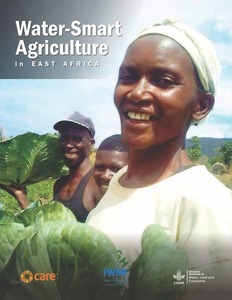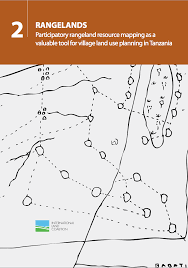What do criteria and indicators assess?: an analysis of five C&I sets relevant for forest management in the Brazilian Amazon
The diversity of C&I sets is often a cause for uncertainty and confusion, and probably one of the reasons for the still unsatisfactory acceptance of C&I as a support for implementation of sustainable forest management so far. In order to halt this erosion of confidence in C&I the presented paper evaluated the diversity of five C&I sets (CIFOR, ACM, FSC, ITTO and Tarapoto) relevant for the Brazilian Amazon by analyzing frequencies of C&I in relation to parameters about content and quality.





